In which our managing editor wanders throughout one of the world's largest book events, looking for literary mana, and listening to Arab authors on their prize-winning new books.
As a confirmed book addict, I attended the Abu Dhabi International Book Fair last week, intrigued by the organizers’ dual emphasis on environmental sustainability and celebration of the best Arab writers. But was the event designed to sell books? Is Abu Dhabi really the place to be if you’re a bookseller or publisher?
It seemed like Abu Dhabi’s Department of Culture and Tourism decided to go all out for the 32nd edition of this event. The organizers boasted 2,700 activities (including a separate program for publishing professionals) with 1,300 exhibitors from 60 countries (22 Arab nations and 38 countries from around the world) and 500,000 titles. They unveiled the fair’s new audio content platform, Podcast from Abu Dhabi, where visitors could meet the stars of Arab podcast presenters face to face, after they recorded their episodes live throughout the 7-day event. And there was the renewed cinematic experience, with Black Box Cinema presenting a varied program of 15 short films from the Arab world, as well as seven films from the Republic of Turkey, this year’s Guest of Honor.
The fair’s theme “Stories That Never End” is in nod to “sustainability” in alignment with the UAE’s declaration of 2023 as the “Year of Sustainability” and the country’s hosting of the 28th edition of the United Nations Framework Convention on Climate Change (COP28) in November. Furthermore, and for the third year in a row, the fair organizers exempted all exhibitors, publishers and others from paying rental and participation fees. Entrance to the public was also free.
As a well-established literary event in the Arab world, the Abu Dhabi International Book Fair (ADIBF) has become a mainstay for global dialogue featuring talks by distinguished Arab and international speakers, including renowned authors, artists, academics and digital content creators. Now, it’s a fact that hundreds of books are published annually in Arabic; the question is who reads them? If there are fewer and fewer readers, as an Economist story once suggested, what explains the vast number of publishers exhibiting at ADIBF and last year’s 150,000 visitors?
Perhaps the more relevant question to be asking is: What do Arabs read?
The answer, it seems, is award-winning titles. It’s not an exaggeration to say that the UAE’s annual book award announcements that take place here remain an exciting event for Arab authors, publishers and book enthusiasts alike, both for their coveted role in propelling authors into the limelight and for boosting a book’s marketability in bids to drive higher book sales. Award winners are guaranteed translation into English, allowing them access to a wider international audience.
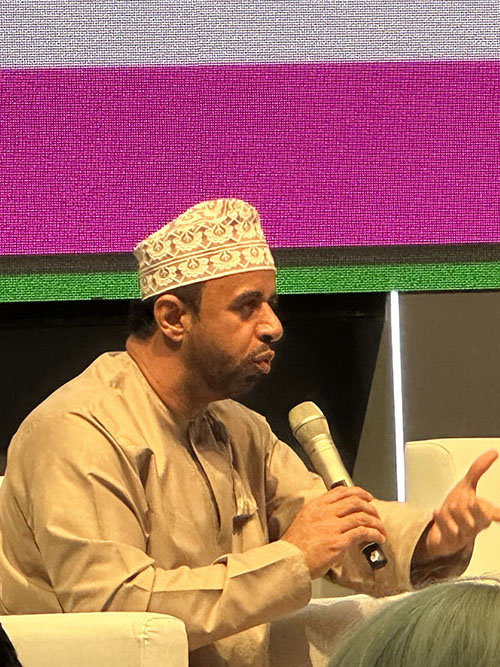
The International Prize for Arabic Fiction (IPAF) for 2023 went to Omani poet and author Zahran Alqasmi, for his novel Taghreebat Al Qafer (The Exile of the Water Diviner). The story is steeped in the history of the aflaj, a farming system of garden irrigation particularly linked to the sustainability of village life in Oman.
In a panel interview during the book fair, Alqasmi explained how studying the aflaj system closely uncovered a complex social system that incorporated strict schedules for calibrating water dispensation to the land and to the families, in addition to the financial transactions within the village that take place when it comes to negotiating water rations, as well as maintaining the general upkeep of the system itself.
“The specificity of the aflaj system to the sustainability of village life in Oman is something that has always interested me,” Alqasmi said. “During extreme heat, when water resources dwindle, certain village populations are driven to migrate to other areas because of the drought. In my novel, I work with the idea of water, the main constituent of life on Earth, as one that can also also rob life as in cases of extreme flooding and drought. Water is an essential commodity on par with oil and is therefore liable to one day run out. In the Gulf region, where climate change sees temperatures steadily rising to above 50 degrees centigrade, water shortage is a viable eventuality that forces us to consider means to prevent that from happening especially at a time when the search for individual salvation has taken the place of comprehensive solutions to major issues.”
Saïd Khatibi, from Algeria, was one of the authors to receive the 17th Sheikh Zayed Book Award, in the Young Author category, for his fourth outing, Nihayat AlSahra’a (The End of the Sahara), published by Hachette Antoine in 2022. The historical detective novel depicts the events and circumstances surrounding a murder in a small village in the Algerian Sahara in 1988. Khatibi delves into the history of colonialism and the specificities of the Algerian war of liberation through the murder of a female singer in October 1988, during the outbreak of uprisings and demonstrations that swept the country in protest against the deteriorating living conditions. Khatibi’s previous novel, Sarajevo Firewood, was shortlisted for The International Prize for Arabic Fiction in 2020.
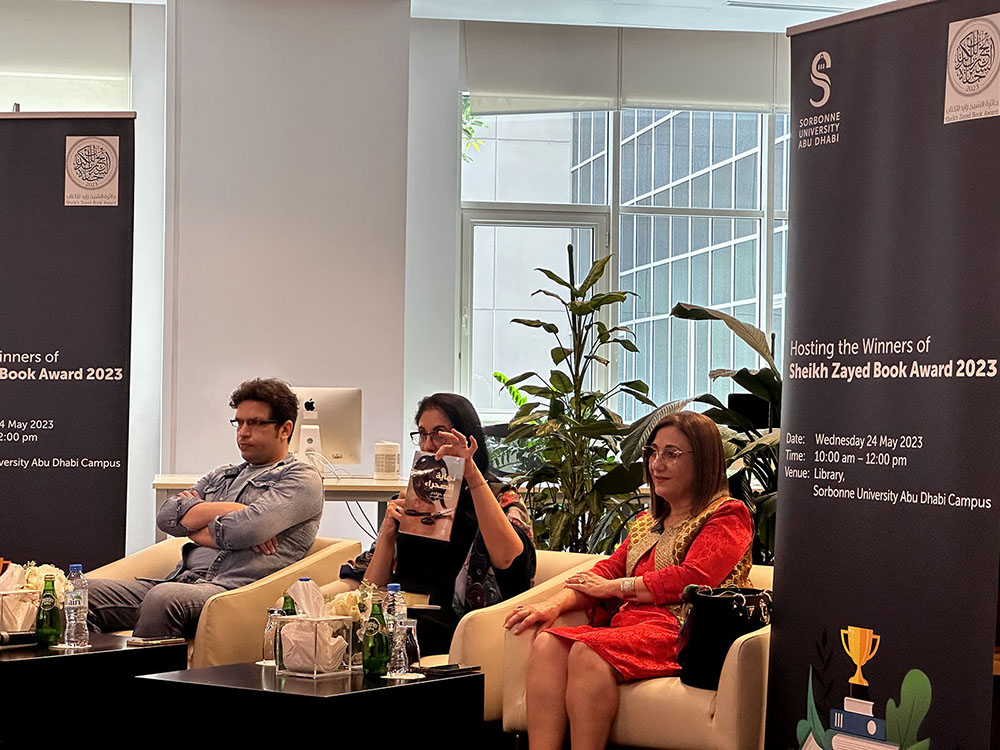
Hosted by the Sorbonne University in Abu Dhabi, Khatibi explained why he felt compelled to write Nihayat AlSahra’a, which took three years to complete.
“The novel is my attempt to understand the post-colonial repercussions not only on the Algerian individual but on my country’s contemporary history and the resulting dreams and disappointments that persist today. The deeper reasons for our failures go back to the sixties, right after independence. My novel shuttles between the start of independence and the eighties. In the midst of our celebration of freedom, we forgot to settle the disputes and the disturbances that had accumulated over time. The bloody decade of the 1990s is the result of a quarter of a century of turning a blind eye to extremism and the persistent imbalance of power in Algeria.”
Moroccan writer Saeed Radouani won the inaugural prize of the Al-Multaqa Literary Salon Award for a Debut Novel, founded and sponsored by Emirati Asma Siddiq Al-Mutawa, in partnership with the Beirut-based Dar Al-Adab publishing house. The novel centers around writing, architecture and heritage in Morocco.
All winning titles are set for an English translation due next year.
Artificial Intelligence and Sustainability
What many of us feared was true has now been confirmed — not only is AI real but it’s been around longer than we realized and is having a far greater impact than we predicted. It’s the new generation of artificial intelligence, however, that is causing industries to reconsider their MOs and to ensure that copyright policies are in place. The ramifications of artificial intelligence on the prospects of e-books, audio books, and the function of AI in shaping public, school, and university libraries, as well as its effect on the global publishing industry in the future was the topic du jour on and off stage at ADIBF.
“AI is already integrated in publishing and ChatGPT and similar AI technology will be present all the way through the publishing process from start to finish, and we’ll see that continue to happen over the next few months and years,” said Thomas Cox, managing director at Arq Works. “With the arrival of artificial intelligence, there are great opportunities for the publishing industry as well as dangers to navigate. Some publications already have AI incorporated into their content without copyright policies in place that determine the cut-off between human and AI-curated content. This means that hybrid content will be part of the publishing process whether we are aware of it or not. As copyright and regulations catch up, I think it’s really crucial that everyone has the copyright citations in place now.”
Among the activities devoted to talking about sustainability in its comprehensive concept and ways to activate it in various fields such as climate and food security, the exhibition hosted a number of international activists in the field, such as artist Felix Semper, who specializes in the use of paper and environmentally friendly materials to create rubber-paper sculptures that sell for eye-watering prices. I personally liked a stretchable Coca-Cola can that came at a staggering price of 5,000 pounds. It sold two hours later.
Navigating the expansive grounds of the fair over at the Abu Dhabi International Exhibition Center, there was so much on display. Dominating the forefront of the scene was the impressive Guest of Honor pavilion, flying the Turkish flag. The ever-busy stand exhibited many titles, in English, Turkish and Arabic, but none of the attendants I asked could direct me to where I could buy the titles. After several tries, I finally gave up asking.
Just off to one side of this pavilion stood a huge Harry Potter installation where visitors could walk through high arches and explore the grand staircase and its iconic portrait wall, and of course secure the indispensable Instagram-worthy shot.
Another installation was set up to celebrate the life of Ibn Khaldun, the 14th century North African scholar, as an influential historical figure. Delving deep into his legacy, panel guests explored how Ibn Khaldun’s insights were still relevant in understanding contemporary society and human behavior, in addition to addressing his various philosophical viewpoints as concluded from his renowned Muqaddimah and his other books, in addition to his views on literature.
Speaking at the fair were influential members of the literary community both regional and international, including renowned writers, artists and digital content creators such as Sudanese author Leila Aboulela, and Brian Michael Bendis, the American author and illustrator behind the Ultimate Spider Man comic book series.
Dubai’s Mohammed Bin Rashid Library showcased selected books from its in-house Treasures of the Library which included some colorful pop culture artefacts, such as The Adventures of Mickey Mouse by Walt Disney (1931) and a first edition of Harry Potter and the Philosopher’s Stone by JK Rowling (1997), valued at nearly a million dollars online. And in its pavilion, Acquisition of Rare Books and Manuscripts showcased a copy of the Holy Quran dating back to the 15th century, valued at 85,000 euros.
With all these impressive numbers, one would hope that the event excelled in terms of doing what all book fairs are meant to do and that is to sell loads of books. The jury is out.



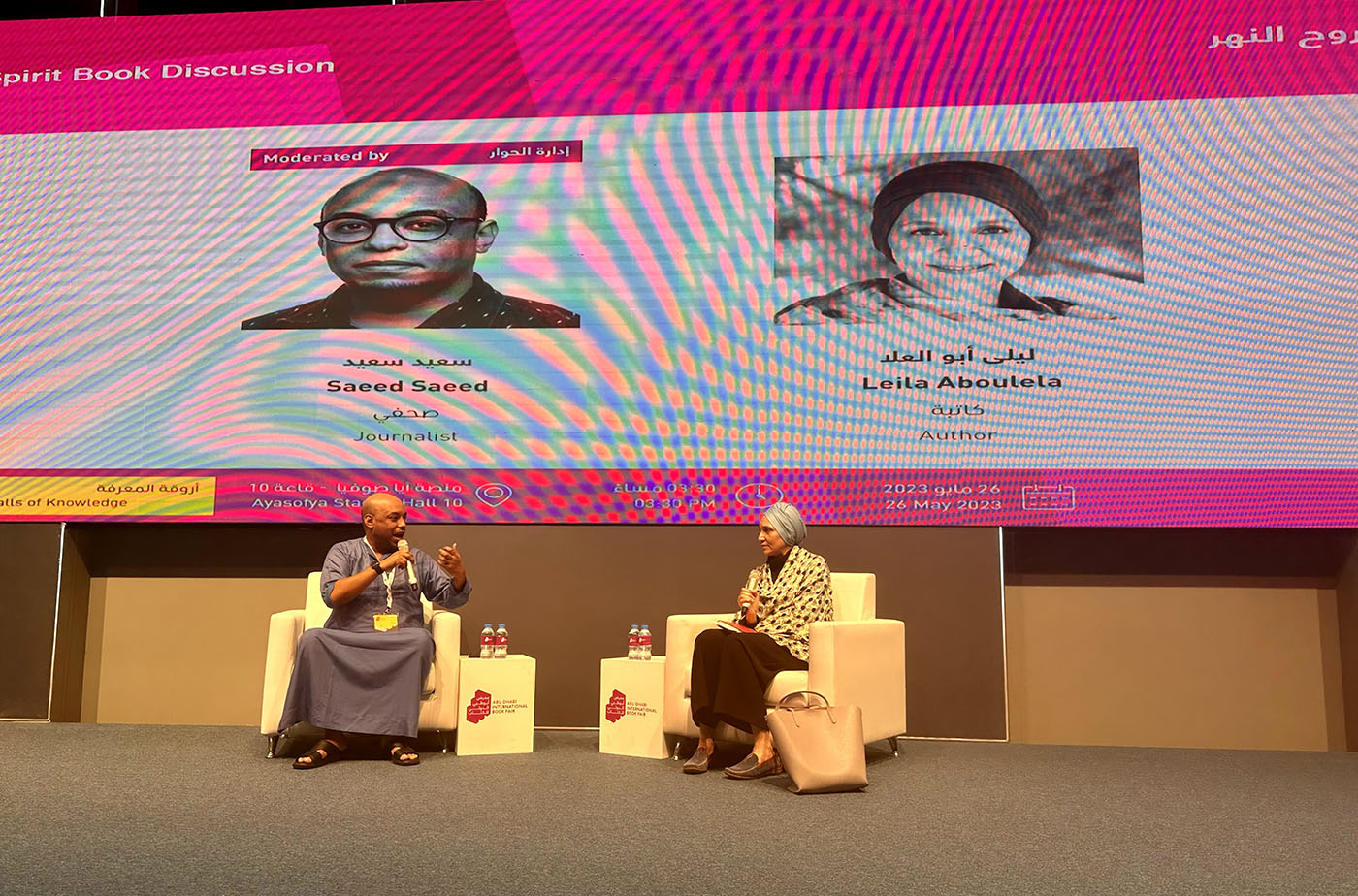

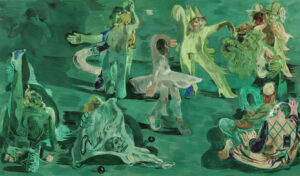
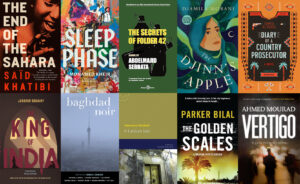
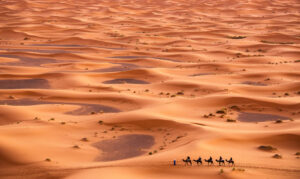

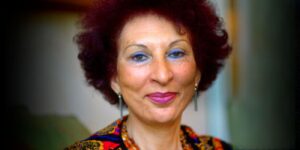

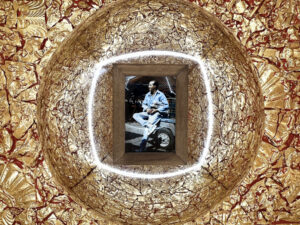

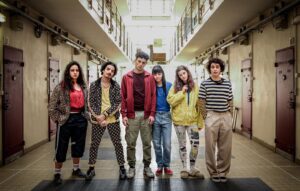
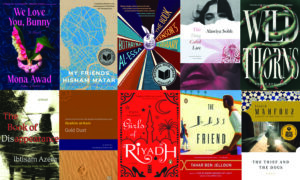
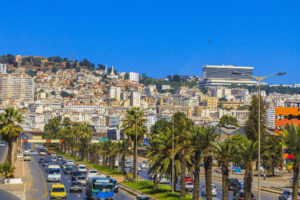


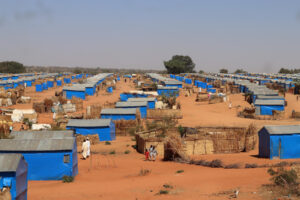









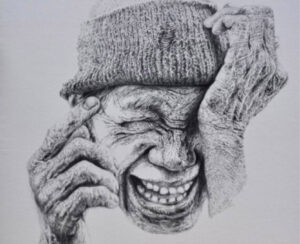
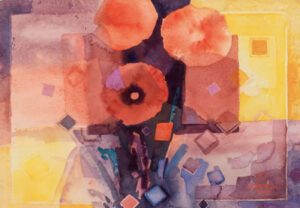







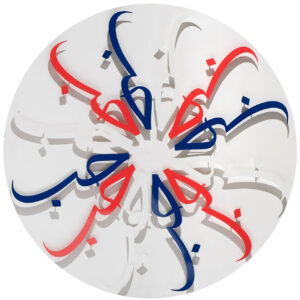
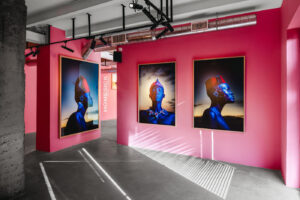

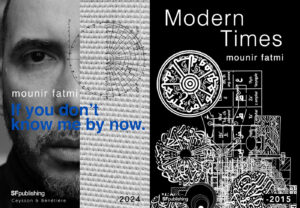





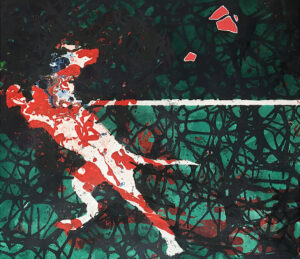



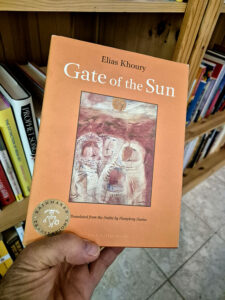



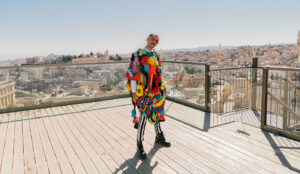

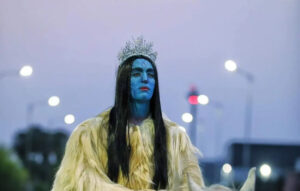









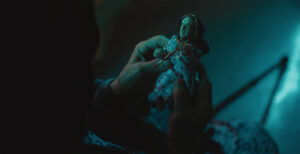


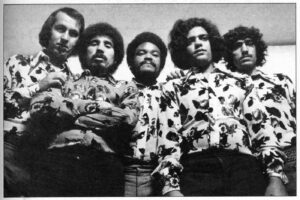







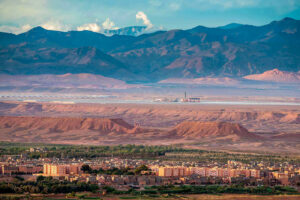
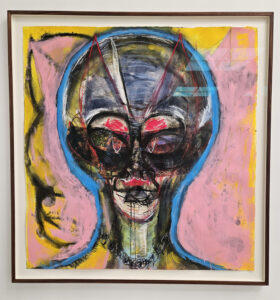








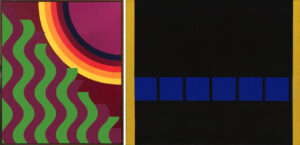

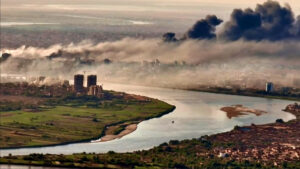




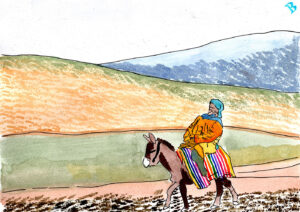
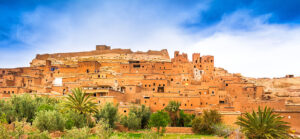
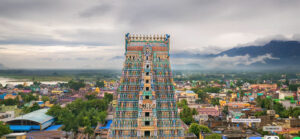
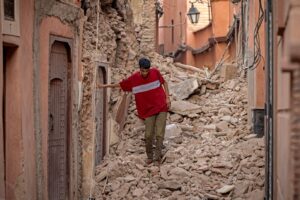


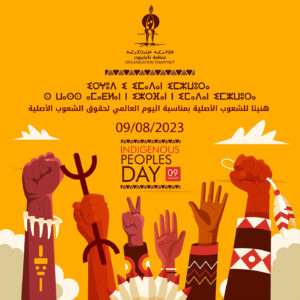








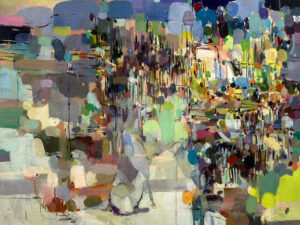

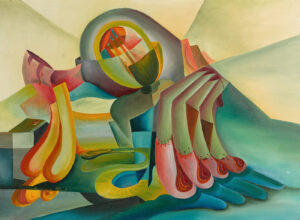
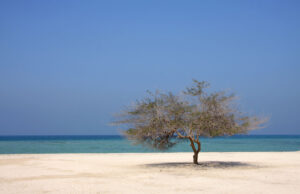

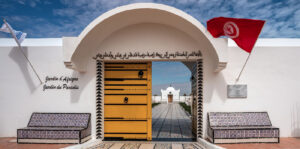







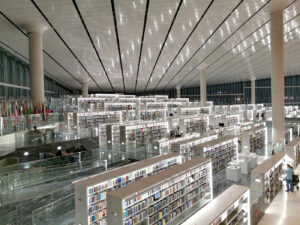
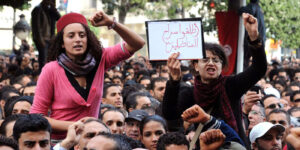




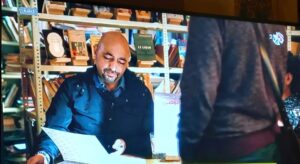
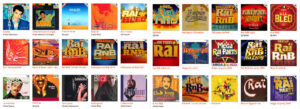



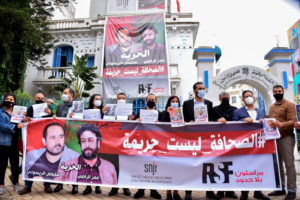
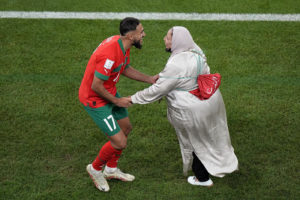


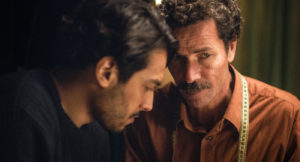






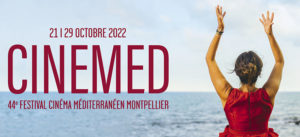
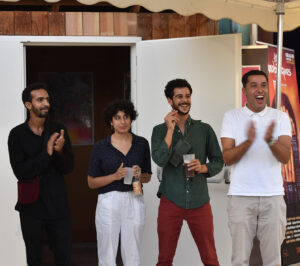
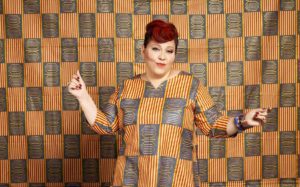













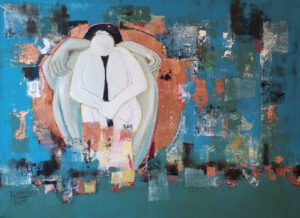


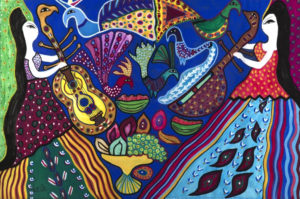








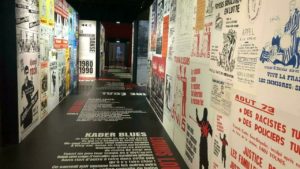


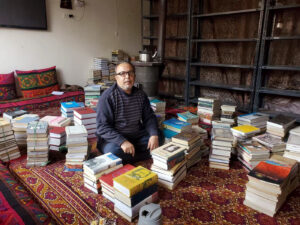







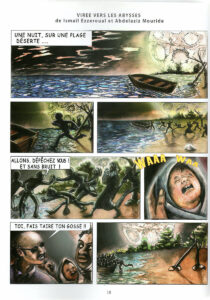

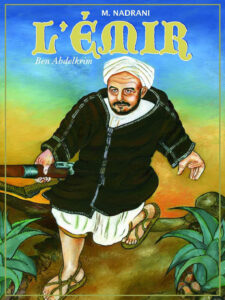














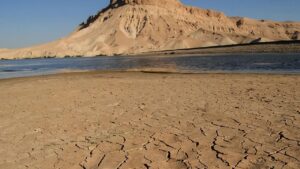

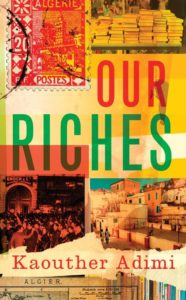
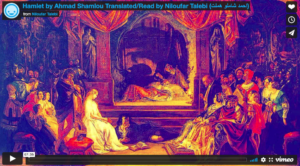
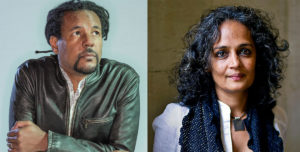

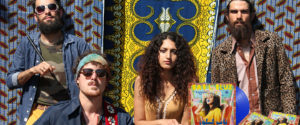

I enjoyed reading this, especially as I was unable to attend the Book Fair. Many thanks, Rana